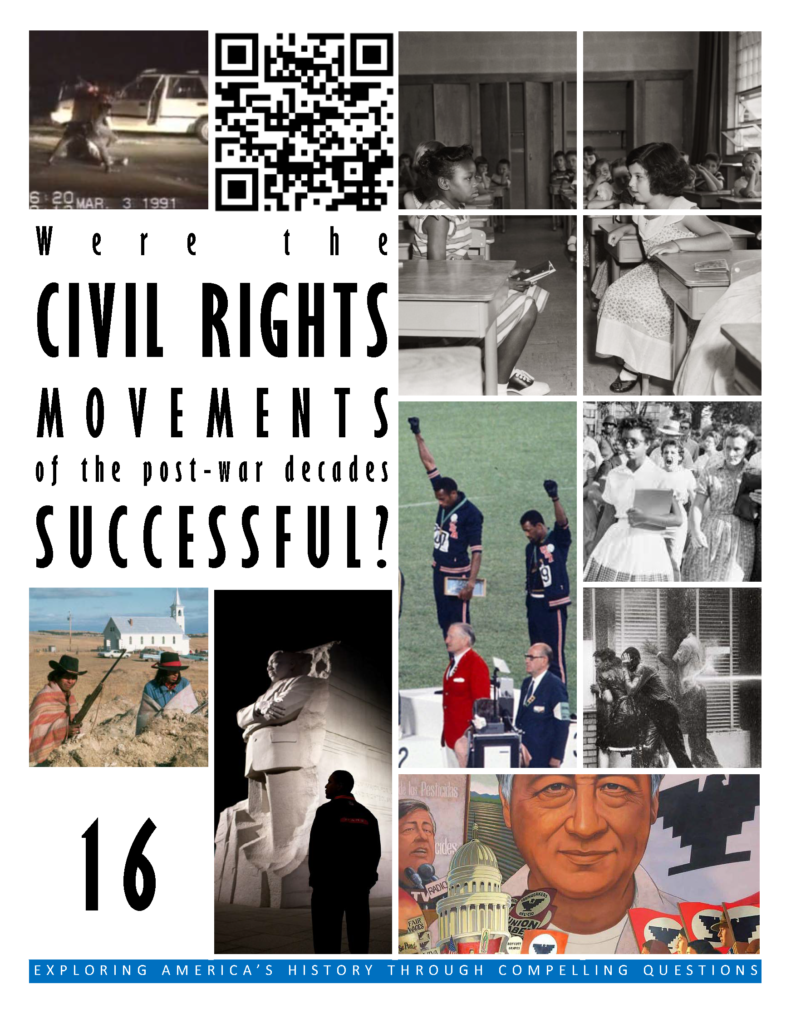
PRINT VERSION
The ultimate triumph of the human spirit over powerful forces of oppression after a long struggle is truly inspiring. We cannot help but celebrate the passage of the Civil Rights Act or the Americans with Disabilities Act. Sometimes the actions of those who advocated for civil rights are harder to celebrate. Was the standoff at Wounded Knee a noble statement of purpose or the act of gun-wielding agitators? What should we make of the Black Panthers or the rioters in Los Angeles in 1992?
Sometimes the events of history are simply so close it is hard to see them from the long view that history usually provides. Certainly, the Supreme Court’s Obergefell v. Hodges decision falls into this category. Although Brown v. Board of Education is now universally celebrated, it was not in its own time. The marriage equality decision of 2015 will probably fall into this same category.
We can look back at the African American Civil Rights Movement and the movements that it inspired and celebrate their successes, but we must also be mindful of their failings. Despite their inspiring victories, the nonviolent champions of justice in the 1960s did not end racism. As the rhetoric of President Trump continues to show, Hispanics do not enjoy universal respect. Disabled Americans are still fighting for application of the ADA in court, and the victories gay and lesbians have won in courts and legislatures are still so recent that they hardly feel permanent.
What then do we as historians make of these movements? Can we call them successes because of how far they moved the nation toward an ultimate goal of racial justice and harmony? Alternatively, do we label them failures since they did not achieve what their leaders set out to accomplish? Perhaps a more honest tally can be found somewhere in between?
What do you think? Were the civil rights movements of the post-war decades successful?
CONTINUE READING